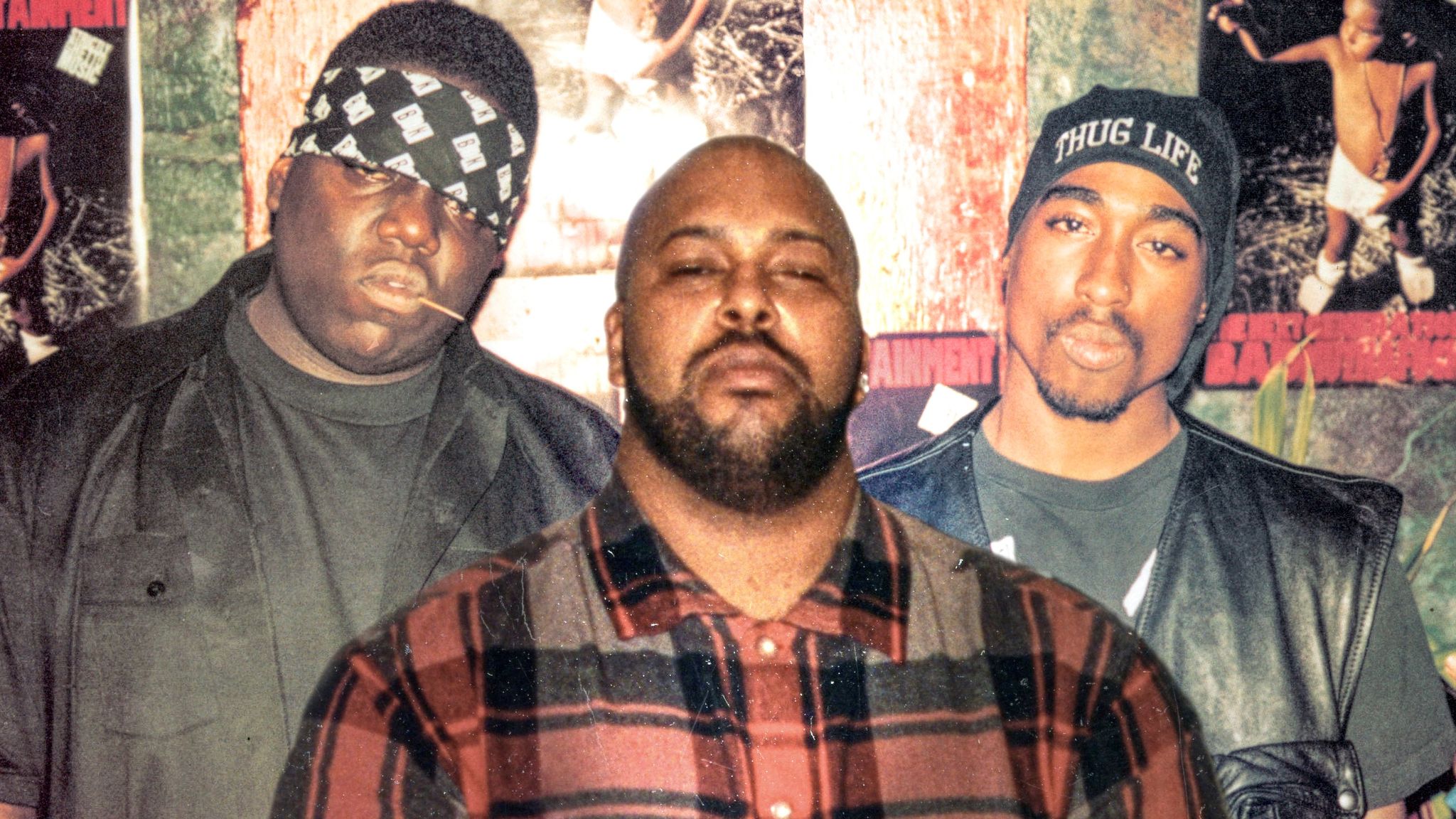While major beefs in hip-hop pop up every few years, whether it be Drake vs. Pusha T, Nicki Minaj vs. Cardi B, or Nas vs. Jay-Z, none of them compare to the notoriety of Tupac Shakur and The Notorious B.I.G. A classic friends to foes story, neither party would live to tell the tale, as their mysterious deaths added to the lore of their rivalry.
Two of the biggest rappers in the 1990s decade, Tupac and Biggie were meant to lead a generation of rap for years to come. Here is the story of why that didn’t happen.
Building a Friendship
In the early 1990s, Biggie was still very much an underground artist, looking for a breakthrough. At the same time, Tupac was one of the most exciting acts in hip-hop, releasing his beloved debut and sophomore albums, 2pacalypse (1991) and Strictly 4 My N.*.*.*.*.Z… (1993), respectively.

The same year Pac dropped his second album was when Biggie finally earned a tad of recognition, being signed to Diddy after a demo track of his gained steam. Biggie would then release his debut single “Party and Bullshit” in June 1993, which then led to him building the courage to approach Tupac, who he looked up to in the industry.
Both born in the New York City surrounding areas, Pac and Biggie developed a friendship, which even saw Biggie ask Pac if he would be his manager. But, Pac insisted he stay under the guidance of Diddy and his Bad Boy Records label.
“Nah, stay with Puff. He will make you a star,” Pac told Biggie, according to Ben Westhoff’s book Original Gangstas: The Untold Story of Dr. Dre, Eazy-E, Ice Cube, Tupac Shakur, and the Birth of West Coast Rap (2016)
Things Turn Sour

This affinity would not remain for long, even though their short-lived friendship saw Pac let Biggie crash at his place in California when in town, which Pac noted in his 1996 song “Hit ‘Em Up,” (more on that below). In 1994, when Pac went to work with Biggie and another New York emcee Little Shawn at Quad Recording Studios in Times Square, he would end up being shot five times in the lobby of the studio.
While this is still unconfirmed, Pac believed Biggie and Diddy set him up that day. He would survive and make a full recovery and Biggie would dispute this claim, but that would not change Pac’s mind. What also did not help was when Biggie released his single “Who Shot Ya?” in February 1995, attached to his smash hit at the time “Big Poppa.”
Tupac was led to believe that “Who Shot Ya?” was a diss to him, even though Biggie tried to clarify that it was a more vague response to drug dealers he used to deal with. So, in June 1996 once he was released from prison for an unrelated offense, Tupac put out “Hit ‘Em Up,” a clear, direct, and ferocious diss to Biggie, where he claims he slept with Biggie’s wife, Faith Evans (which she denied), and delivers the fierce lyric regarding the 1994 shooting.

Biggie, remember when I used to let you sleep on the couch
And beg a bitch to let you sleep in the house?
Now it’s all about Versace, you copied my style
Five shots couldn’t drop me, I took it and smiled
Amid all of this drama, Tupac would sign to California-based record label Death Row Records, which housed other Cali natives like Dr. Dre, Snoop Dogg, and more. Led by Suge Knight, Death Row’s addition of Tupac would practically christen the hip-hop rivalry of West Coast vs. East Coast, with Biggie, Diddy, and New York as their adversaries.
Their downfalls
Now comes that part that everybody is familiar with. A few months after the release of “Hit ‘Em Up” and his No. 1 album from February, All Eyez on Me, Pac would end up being shot in a drive-by shooting in Las Vegas in September. While it’s practically a cold case now and a killer was never convicted, many in Suge Knight and Death Row’s circle believe the murder was orchestrated by Bad Boy Records and its label heads Diddy and Biggie.
According to Biggie’s wife, Evans, though, he had no knowledge of the attack and mourned Tupac’s death upon learning of it. “The night (Tupac was shot) I remember Big calling me and crying,” Evans told MTV in 2002. “I know for a fact he was in Jersey. He called me crying because he was in shock. I think it’s fair to say he was probably afraid, given everything that was going on at that time and all the hype that was put on this so-called beef that he didn’t really have in his heart against anyone.”
Less than a year later, though, Biggie would meet the same fate. While in Los Angeles in March 1997 for the Soul Train Awards, Biggie would be gunned down in his car at a stop light, passing away at the age of 24. Much like Tupac’s death, authorities, and those close to Biggie, believe the murder was arranged by someone affiliated with Death Row in retaliation for Pac’s death.





